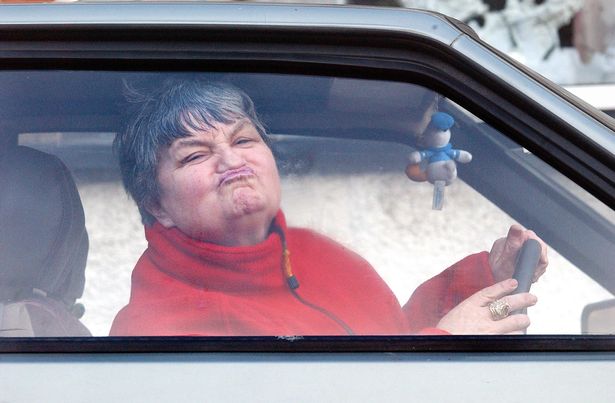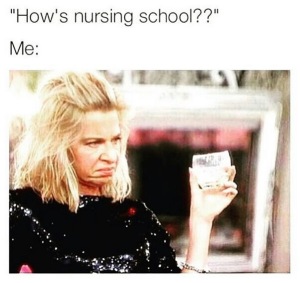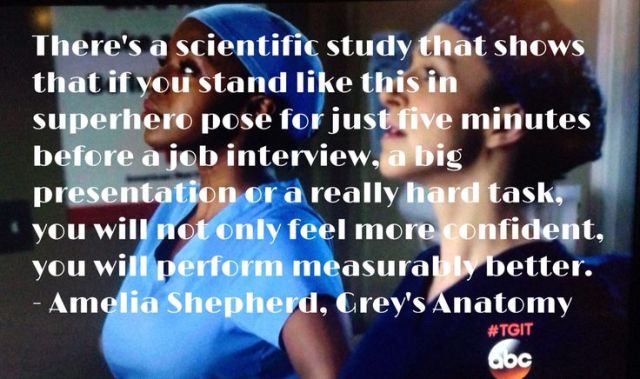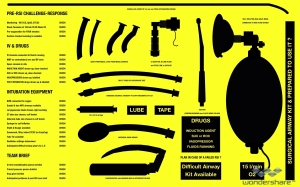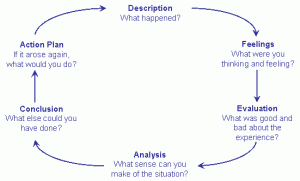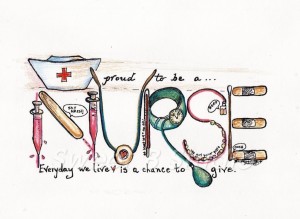I can’t believe how quickly it has flown by since I have qualified as a children’s nurse. I should probably start with an update on what happened after the last blog post as at that current moment in time I was in a bit of a quandary and jobless.

So, I passed my driving test and was accepted onto the Specialist Community Public Health Nursing course having a missed a week. In true chaotic fashion that is reserved for me only, my driving test was cancelled days before I was due to start the course because of staff sickness. I had to really fight for the powers that be in the NHS trust to give me another chance and allow me to commence the course late and the pressure was now obviously huge. I had to do my test in an area I did not know (not that I knew the area I was living in at the time as I had just moved!) and I was so lucky to have the nicest driving instructor ever that day. So I passed on the Thursday and had a commute to contend with on Monday which involved the motorway, roundabouts, weird road markings and roads I do not know, as well as start a course not knowing anyone or anything. My partner had to pick up my portfolio from the university (as I was at home for a funeral – yes it was all going on at the time) as I went straight into placement 30 miles away on the Monday! It was a bit stressful.
To cut a long story short, the course has been ridiculously hard. I have found doing block placement and academic work difficult to juggle as it makes it hard to grasp the job role. As well as this, I think I have had the underlying issue that I was not loving life like I should be. After years of working my arse off in various settings before nursing, then doing the nursing degree, then moving to Hampshire, doing my driving test in a short space of time and learning a new way of life (I’m going to be frank, the change from London life to Hampshire life is massive) I think I just burnt out.

Accurate representation
After desperately wanting to leave London for a better life – bigger accommodation (you know, not a rabbit hutch), better air quality, not as squished – I have started feeling homesick for my London roots. I wonder whether this is because I am not enjoying my career like I thought I would or simply because moving back here is not how I imagined (I used to live in Southsea but now live in a sleepy suburb outside of Portsmouth). I don’t know the answer.
I still haven’t found myself like I thought I might doing health visiting. I struggled from the middle of second year until qualification with the nursing course – it was a long “second year blues” episode – and thought on qualification things might start to make sense career wise. I am now strongly considering not being a health visitor after this because it just is not what I want to do now. I had a breastfeeding assessment which was appalling (me, not the actual assessment) and the person assessing me asked if I should have maybe considered school nursing. I wonder if I would have felt like this had I done it in London? It is not just me that is feeling like this – others on my course also feel as dismal about the future of health visiting (and nursing in general) and their futures in the profession. It is doom and gloom and with the impending general election and current political agendas, it is hard to keep your head above the water at times.

It has taken me a long time but I have started to dust myself off of the negativity I was starting to drown in. I am proud to be a nurse. I have worked really hard to get to where I am. It came down to me examining why I went into nursing in the first place which has led me to where I may go next in my nursing journey. Watch this space.


